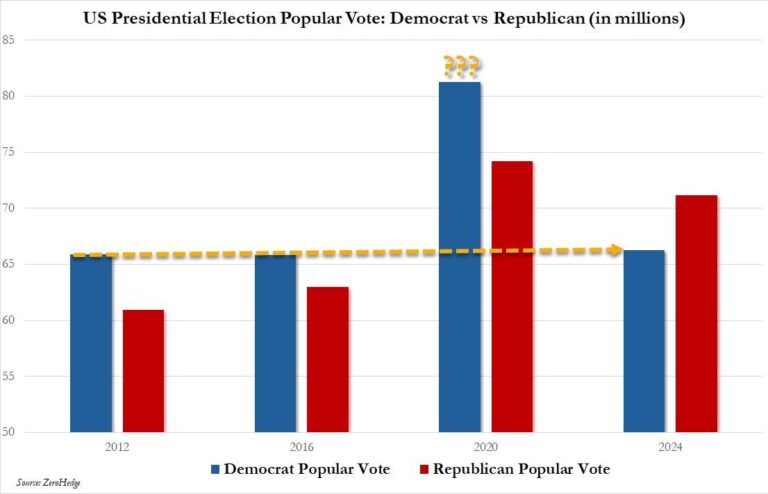But the trend isn’t that simple. Take the question of whether the increase in working moms has made it harder for marriages to succeed. Among respondents under 30, the percentage who espoused this view was 36. Among respondents aged 30–49, the percentage rose to 54. But in the older age brackets—50 to 64, and 65 and over—there was no further increase. People born in the 1970s didn’t answer the question any differently from people born in the 1940s. The only division was between those who had turned 30 and those who hadn’t.
That raises an alternative possibility. Maybe the difference between under-30s and their elders isn’t the era in which they grew up. Maybe it’s a lack of life experience. As young people pass from their 20s to their 30s, they get married and have kids. They lose their naïvete about self-realization, having it all, the equality of family structures, and the interchangeability of moms and dads. According to this theory, the reason why older people are more likely to believe that unwed motherhood is a big problem, or that kids do better with stay-at-home moms, is that beyond the age of 30, you discover that these things are true.
Mr. Saletan asked Pew Research to further breakdown their data for other categories and what he found is striking. Age doesn’t make you conservative on parenting topics, marriage does. Experience counts.
This time, the tables showed striking differences. On the attitudinal questions, people aged 50 or older who didn’t have minor children weren’t much different from people of any age who did have such children. But people under 50 who didn’t have minor children—the true nonparents—diverged sharply from those who had kids. Compared to parents under 50, nonparents under 50 were less likely to say that working mothers made it harder to raise kids (62 vs. 79 percent), less likely to say that working mothers made it harder for marriages to succeed (38 vs. 56 percent), less likely to say that kids were better off if their mothers stayed home (36 vs. 47 percent), and less likely to call unwed motherhood a big problem (49 vs. 63 percent).
The tables exposed similar gaps based on marital experience. Compared with people who had never been married, those who were married at the time of the survey were more likely to say that working mothers made it harder to raise kids (82 vs. 62 percent), more likely to say that working mothers made it harder for marriages to succeed (56 vs. 37 percent), more likely to say that kids were better off with their mothers at home (56 vs. 30 percent), and more likely to say that unwed motherhood was a big problem (74 vs. 44 percent). In nearly every case, the gap between marrieds and never-marrieds was bigger than the gap between the youngest age group (18–29) and the oldest (65+). If you want to predict what somebody thinks about women and families, marital experience is a better clue than age.
How much better would the world be if people married earlier and stayed married. Imagine a culture that actually encouraged people to do that? Yeah, I can’t either.


